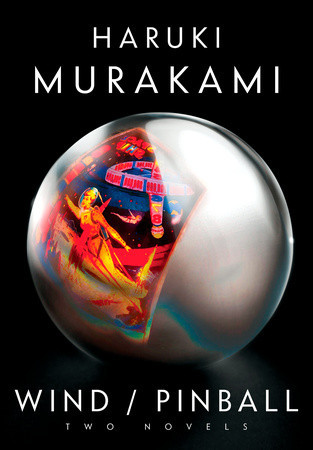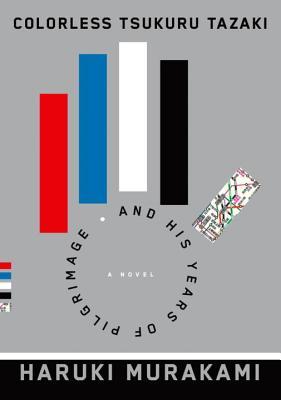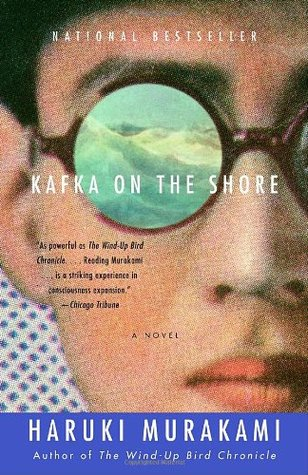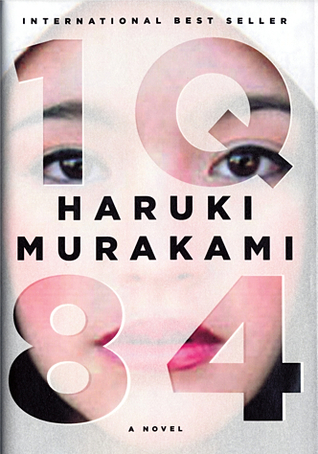
What have I learned from Haruki Murakami’s first two novels, freshly published in an English translation for the first time? Tautologically: Murakami is Murakami. If you’ve read anything else by him, some of his motifs are going to be quite familiar: main character is a young man, somewhat disconnected from the world around him, exploring life through an extended metaphor (in this case, pinball). Other characters are little more than stock; Murakami takes it somewhat…



